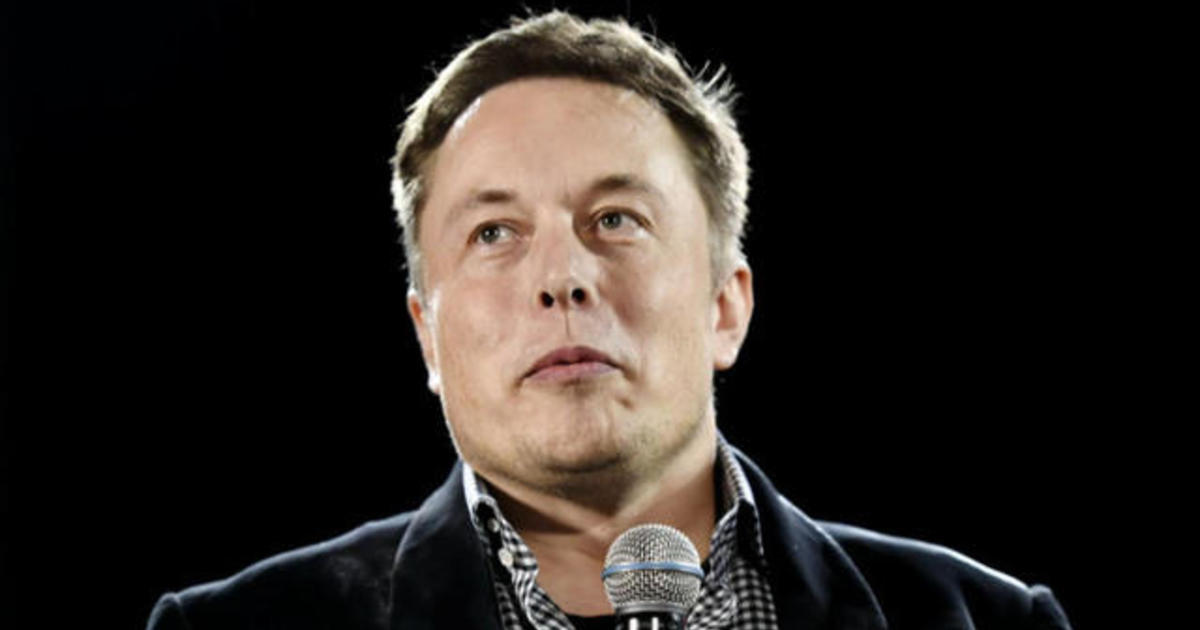
Elon Musk says he will sell Tesla shares to help world hunger – if the UN can prove where the money is going
CBSN
Last week, the director of the United Nation's World Food Programme said if the world's top billionaires just donated a fraction of their worth, millions of people who are at risk of starving to death can be saved. Elon Musk, the second wealthiest person in the world, said he'd give up some of his wealth – only if he knows exactly where the money is going.
David Beasley, director of the World Food Programme, said on CNN last week that a "one-time" donation from the top 400 billionaires, whose net worths are ever growing, in the U.S. could help save the lives of 42 million people this year.
"The world's in trouble and you're telling me you can't give me .36% of your net worth increase to help the world in trouble, in times like this?" he said. "What if it was your daughter starving to death? What if it was your family starving to death? Wake up, smell the coffee, and help."

Santa Fe, New Mexico — A representative for the estate of actor Gene Hackman is seeking to block the public release of autopsy and investigative reports, especially photographs and police body-camera video related to the recent deaths of Hackman and wife Betsy Arakawa after their partially mummified bodies were discovered at their New Mexico home in February.

In the past year, over 135 million passengers traveled to the U.S. from other countries. To infectious disease experts, that represents 135 million chances for an outbreak to begin. To identify and stop the next potential pandemic, government disease detectives have been discreetly searching for viral pathogens in wastewater from airplanes. Experts are worried that these efforts may not be enough.











